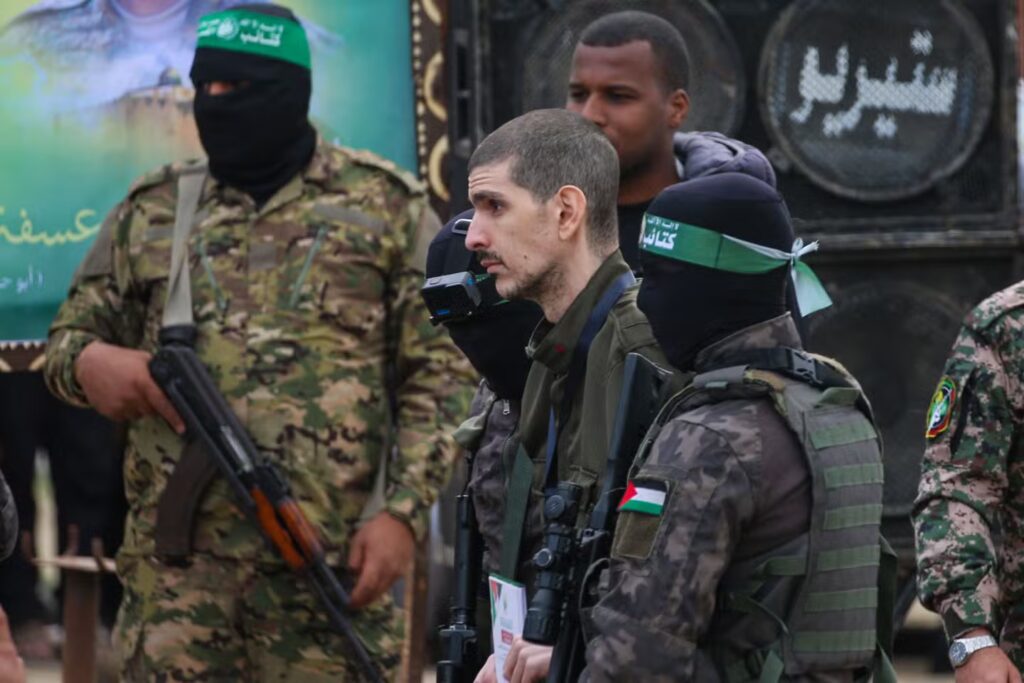Hamas has announced that Israel has rejected a proposed ceasefire agreement that would have led to the release of all captives currently held in Gaza. According to the group, the deal on the table offered a comprehensive resolution, including a full exchange of detainees and a temporary halt in hostilities, but it was reportedly turned down by Israeli leadership.
The group criticized Israeli Prime Minister Benjamin Netanyahu and members of his governing coalition, particularly those from the far-right, for obstructing the progress of the negotiations. They accused the Israeli government of undermining efforts toward a peaceful resolution, despite the humanitarian urgency and international pressure for a truce.
Negotiations for the deal had been underway in Qatar, part of an ongoing series of indirect talks mediated by regional and international actors. The rejected proposal was said to encompass a wide-reaching agreement, not only focused on the captives but also aimed at easing tensions and addressing the broader crisis in Gaza. Observers noted that the deal would have required significant compromises from both parties, but its implementation could have paved the way for a longer-term cessation of violence and potential diplomatic breakthroughs.
In the absence of progress, Hamas has warned that it will not commit to any partial agreements moving forward. Among those at risk is a 60-day arrangement currently under discussion, which reportedly involves the phased release of 10 captives. The group indicated that if Israel withdraws from the ongoing Qatar talks, any future proposals for limited exchanges or temporary pauses in fighting may no longer be viable.
This latest development adds to the growing uncertainty surrounding ceasefire efforts in the region. Despite multiple rounds of negotiation and mounting casualties, a sustainable peace remains elusive. The situation has left families of captives and civilians on both sides in a state of anxiety, with hopes for resolution repeatedly dashed by political and military deadlocks.
The collapse of the proposed deal underscores the fragile nature of the negotiation process and the deep mistrust between the warring parties. Analysts warn that failure to reach a ceasefire could lead to a further escalation in violence, worsening the humanitarian crisis in Gaza and prolonging the suffering of those caught in the crossfire.
Efforts to revive the talks continue behind the scenes, but the path forward remains uncertain. Without mutual willingness to compromise, mediators fear that future proposals may face the same fate as the current deal — dismissed before they can be acted upon. Meanwhile, the population in Gaza and the families of those detained await clarity, amid growing fears that a peaceful resolution may slip further out of reach.

